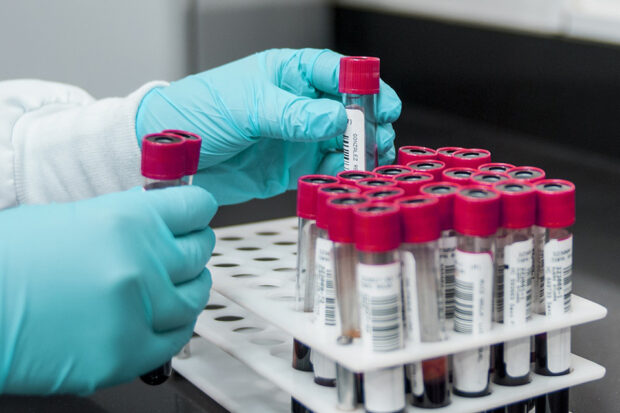
The UK National Screening Committee (UK NSC) only makes a positive recommendation for a screening programme if it is confident that robust, peer-reviewed, published evidence shows it will do more good than harm at reasonable cost.
Before making any recommendation, the UK NSC uses a range of criteria to assess all the evidence and determine if screening would be safe, viable, effective and appropriate. It regularly reviews evidence for more than 100 conditions.
Up until now, the committee has approached this task systematically, one condition at a time. The advent of multi-cancer early detection tests (MCEDs) presents a major but exciting new challenge for the UK NSC and its processes for reviewing evidence.
We received a fascinating insight into the potential of these tests, and the variety of technologies and scientific approaches behind them, at an information-sharing event in February.
MCEDs hold out the hope of detecting dozens of cancers before symptoms emerge and at a stage when treatment is likely to be more effective. If evidence proves their use in screening would reduce cancer-specific mortality and morbidity and improve quality of life, then they would represent a major public health advance.
However, the evidential bar for screening is set deliberately high because all screening has the potential to do harm as well as good. Potential harms, including over diagnosis, over treatment, false positive and false negative results, also have the potential to be multiplied when a single test is looking for multiple conditions.
Many more people would go to GPs and hospital services if they have worrying results. If many of them did not, in fact, have cancer this would cause significant additional pressure on GP appointments and diagnostic waiting lists for tests which would not lead to healthier or longer lives.
Big questions to consider and understand
Before being able to assess the case for using MCEDs in screening, the UK NSC is getting to work to carefully consider and understand some fundamental overarching questions.
Just how should the committee evaluate the case for MCEDs? The UK NSC would need to see high quality, peer-reviewed published evidence to prove a test is effective in reducing illness or death from cancers. Ideally the benefits of screening need to clearly outweigh the harms for all cancers included in a test. That might take a long time and a very large number of people involved in research. Is there a level of evidence we can use to start with and what arrangements might we need in order to continue to evaluate and update policy over the years and decades that follow?
How should the committee measure the usefulness and acceptability of some of the possible findings of these tests? An MCED could, for example, find a condition for which there is little evidence of a good treatment, or detect the presence of one of the 3 cancers which the established NHS programmes already screen for. Could that cause confusion or lower confidence in the existing programmes?
What about a test that detects a cancer, for example prostate or ovary cancer, at an earlier stage but where there is little or no evidence that early detection of that cancer would, on balance, help more people than it harms?
And how would MCEDs be implemented in screening in the real world? Cost effectiveness, acceptability, practicality, feasibility and affordability all need to be considered.
The UK NSC is working diligently to understand all the above questions. This work, spearheaded by the new research and methodology group (RMG), will inform any future screening recommendations relating to MCEDs and provide clarity for stakeholders on this important new area.
We will keep you updated on this work – and talk more about the role and remit of the RMG – in future blog articles.
Keep up to date
The UK NSC blog provides up to date news from the UK National Screening Committee. You can register to receive updates direct to your inbox, so there’s no need to keep checking for new articles. If you have any questions about this blog article, or about the work of the UK NSC, email screeninginformation@dhsc.gov.uk.